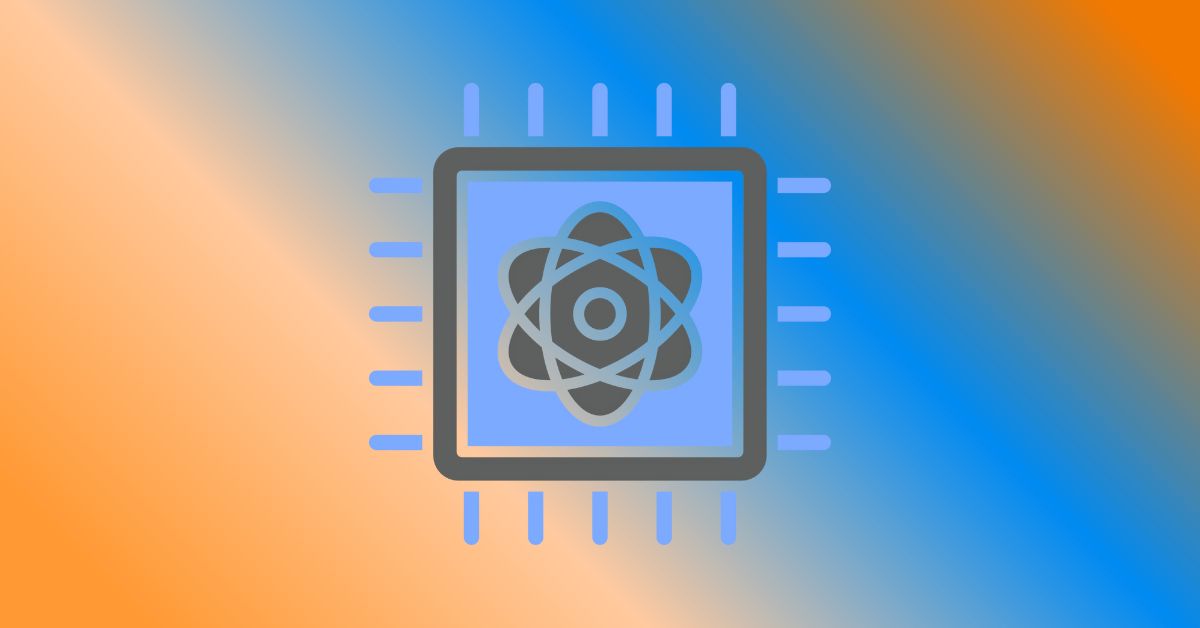Quantum Computing: Unveiling the Future of Information Processing
In technology, Quantum Computing emerges as a revolutionary paradigm, poised to redefine the way we process information. Departing from the classical bits used in traditional computers, Quantum Computing delves into the principles of Quantum Mechanics, introducing Quantum Bits or Qubits. This shift opens the door to unprecedented computational power, capable of addressing complex problems previously deemed insurmountable.
At the heart of Quantum Computing are Qubits, the quantum counterparts of classical bits. Unlike classical bits, which exist in either a 0 or 1 state, qubits can exist in a superposition of states. This unique characteristic enables quantum computers to process an extensive amount of information simultaneously, a feat unattainable by classical counterparts.
Entanglement, a quantum phenomenon, further enhances the capabilities of quantum computing. When qubits become entangled, the state of one qubit becomes intrinsically connected to the state of another, irrespective of physical distance. This interconnectedness allows quantum computers to perform intricate calculations at speeds surpassing classical computers.
In the realm of Quantum Computing, Quantum Gates play a crucial role. Analogous to classical logic gates, Quantum Gates manipulate Qubits, leveraging superposition and entanglement. These gates are organized into Quantum Circuits, orchestrating the flow of quantum information to execute complex algorithms.
The concept of quantum supremacy represents a milestone in Quantum Computing. This occurs when a quantum computer performs a task faster than the most advanced classical supercomputers. In 2019, Google claimed to achieve quantum supremacy by demonstrating a quantum computer that solved a specific problem faster than its classical counterparts.

The potential applications of Quantum Computing span various domains. In cryptography, quantum computers pose a threat to current cryptographic systems, prompting the development of quantum-resistant encryption methods. Quantum Computing excels in solving complex optimization problems, with applications in logistics, finance, and manufacturing. In addition, it accelerates drug discovery processes by simulating molecular interactions at an unparalleled level of detail. In the realm of Machine Learning, Quantum Computing has the potential to enhance algorithms, leading to more efficient data processing and analysis.
However, Quantum Computing is not without challenges. Qubits are susceptible to environmental interference, and error correction becomes a critical issue. Researchers are actively addressing these challenges to make Quantum Computing more practical and applicable.
Quantum Computing represents a paradigm shift in information processing, harnessing the principles of quantum mechanics to address challenges deemed insurmountable by classical computers. As researchers continue to explore the potential of Quantum Computing, its applications across various fields hold the promise of groundbreaking advancements. The journey into the quantum realm is a captivating exploration of the future of computation.


